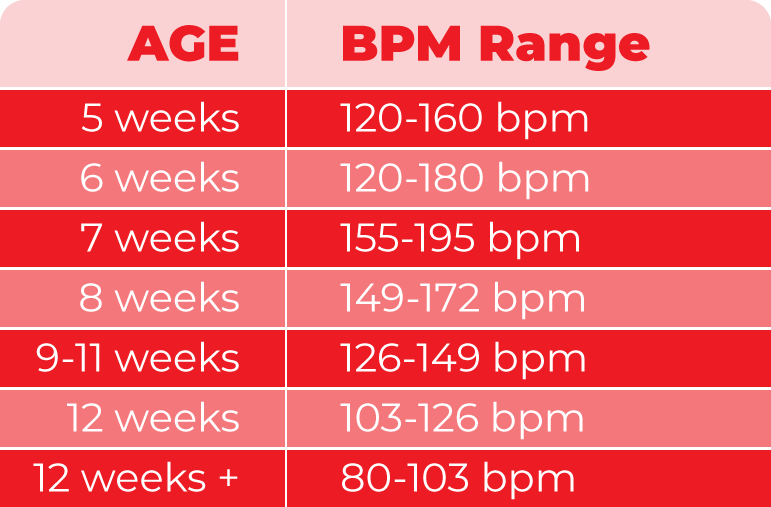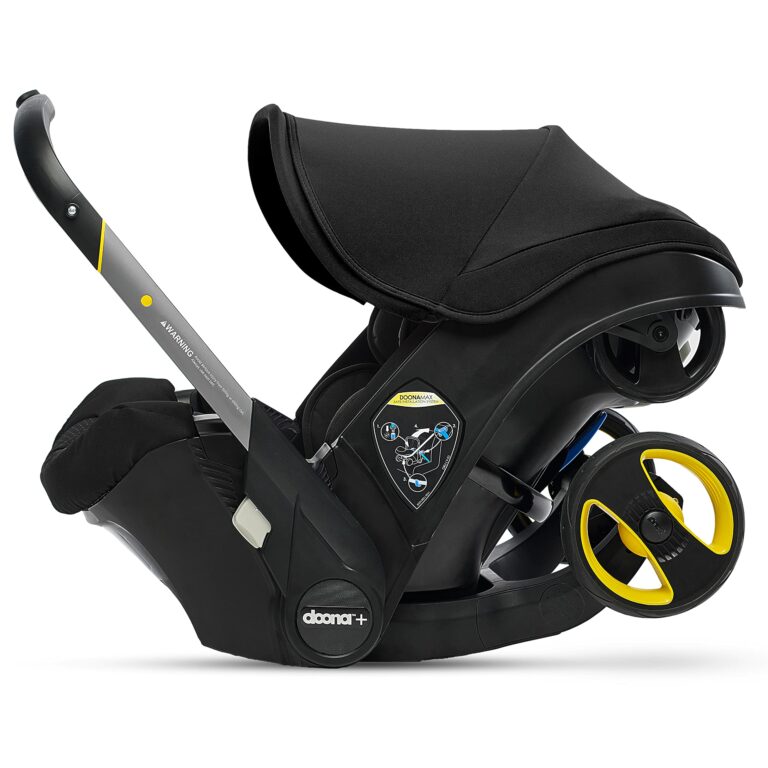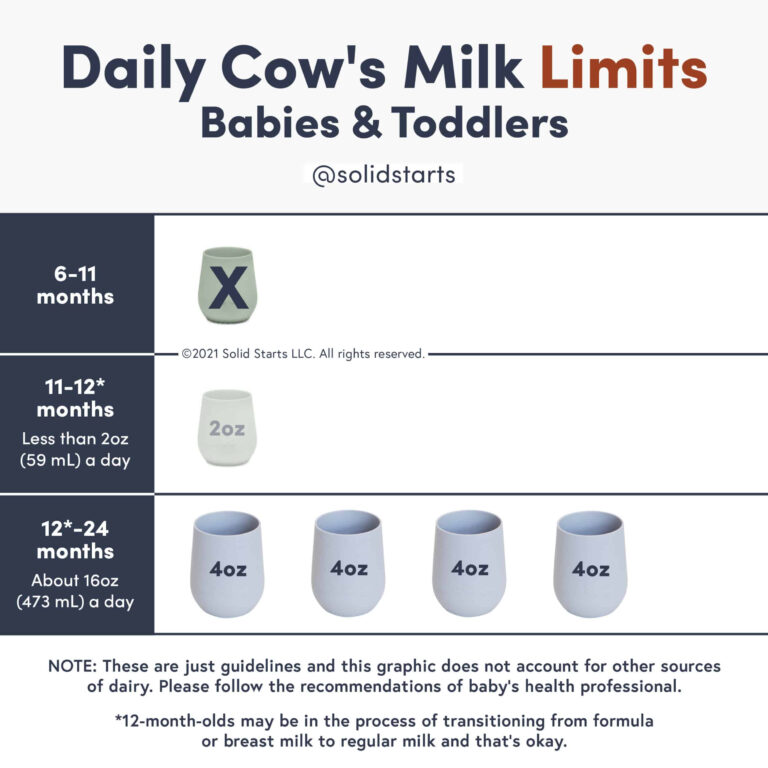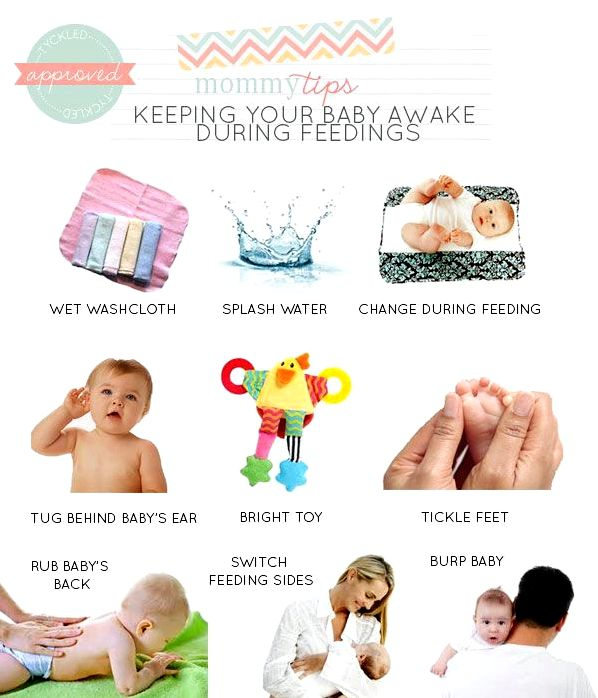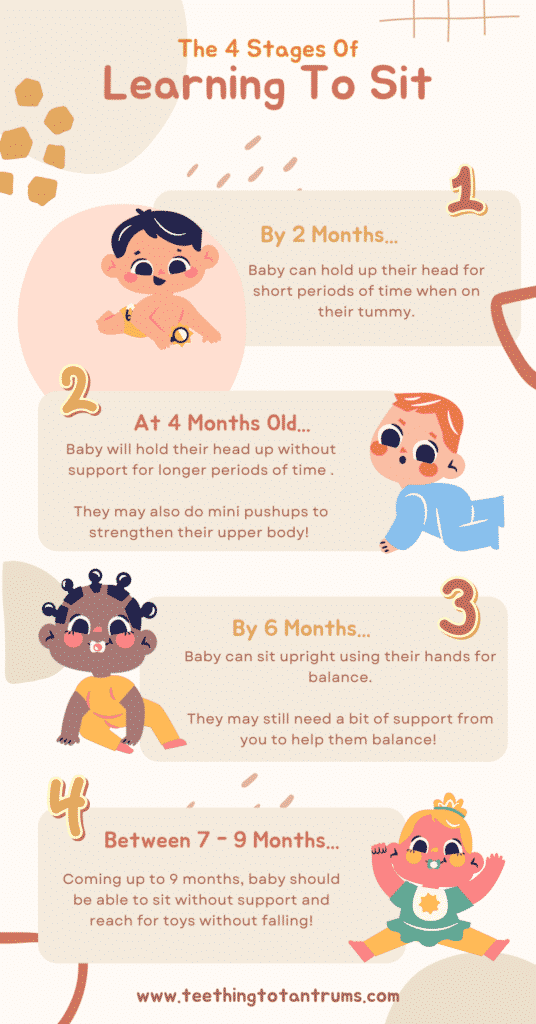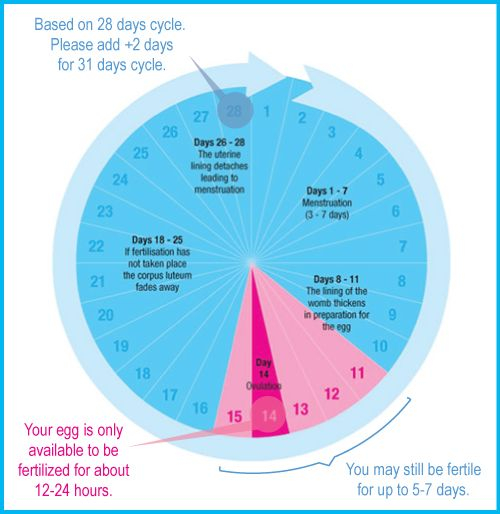Average Baby’S Heart Rate: What Every Parent Should Know
Welcoming a new life into this world is a joyous occasion for any parent. From the first ultrasound to the moment you hold your little one in your arms, every milestone is precious. One important aspect of monitoring your baby’s health is keeping track of their heart rate. Understanding the average baby’s heart rate can provide valuable insights into their well-being and development. In this article, we will delve into everything you need to know about the average baby’s heart rate, why it matters, and how to interpret the numbers.
Knowledge
When it comes to the average baby’s heart rate, there are a few key points to keep in mind. A normal fetal heart rate usually ranges from 120 to 160 beats per minute (bpm). This range can vary during different stages of pregnancy, with the heart rate typically being higher in the earlier stages and gradually decreasing as the pregnancy progresses. After birth, a healthy baby’s heart rate is around 100 to 150 bpm.
Several factors can influence a baby’s heart rate, including their age, activity level, and overall health. For example, a baby’s heart rate may increase when they are crying, feeding, or experiencing any form of distress. Monitoring your baby’s heart rate in various situations can help you understand their responses and comfort levels.
There are several ways to monitor your baby’s heart rate, both at home and in a medical setting. Devices such as fetal dopplers can be used during pregnancy to listen to the baby’s heartbeat. After birth, pediatricians often use a stethoscope or pulse oximeter to check the baby’s heart rate during routine check-ups. Keeping track of your baby’s heart rate over time can help detect any irregularities or abnormalities that may require medical attention.
Understanding the numbers on a heart rate monitor can be daunting for many parents. However, it is essential to remember that every baby is unique, and their heart rate may fluctuate based on various factors. If you have any concerns about your baby’s heart rate, it is always best to consult with a healthcare provider for further evaluation and guidance.
Conclusion
In conclusion, the average baby’s heart rate is a crucial indicator of their overall health and well-being. By staying informed about normal heart rate ranges and monitoring your baby’s heart rate regularly, you can ensure that they are thriving and growing as expected. Remember that every baby is different, and their heart rate may vary based on individual factors. Trust your instincts as a parent and seek medical advice if you have any concerns about your baby’s heart rate.
Ultimately, knowing the average baby’s heart rate and how to interpret it can provide you with valuable insights into your child’s development. By staying proactive and attentive to your baby’s health, you can give them the best possible start in life.
